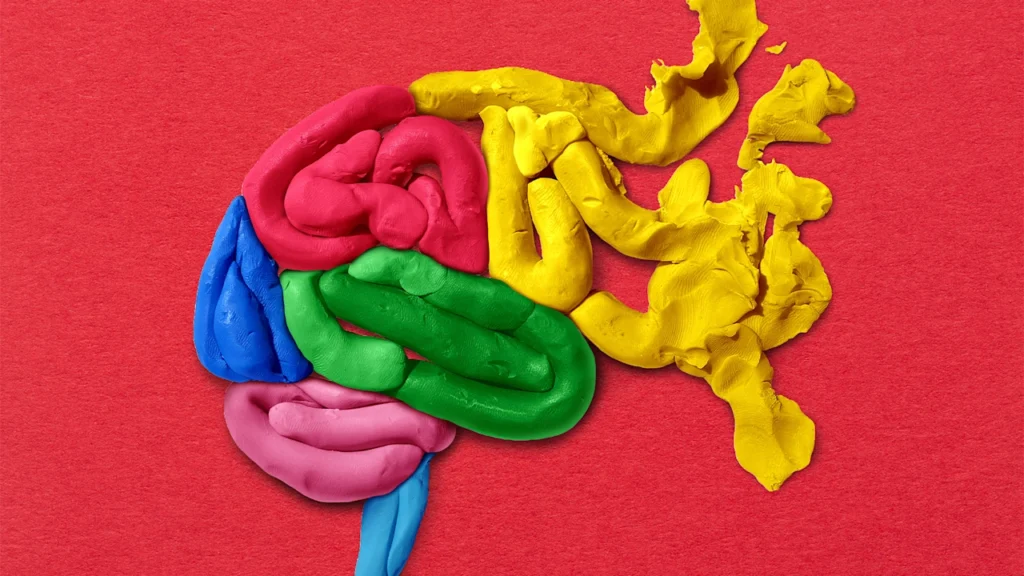
Researchers are only just beginning to piece together the complex ways that technology affects young minds, but a new study raises some serious concerns.
A paper published this week in the Journal of the American Medical Association, better known as JAMA, explored the relationship between social media use and cognitive performance in kids starting at age 9.
The new research drew on data collected from the Adolescent Brain Cognitive Development (ABCD) Study, a massive long-term study on adolescent health and brain development being conducted in the U.S. Between 2016 and 2018, the ABCD Study recruited almost 12,000 children ages 9 to 10, and it is currently following them as they get older, with a particular focus on how things like sports, video games, technology, and other common childhood experiences shape health and behavior outcomes over the years.
Opting to focus on social media use instead of passive screen time, the newly published research examined how different levels of social media use affected cognitive performance, measured by a standard battery of attention, memory, and critical thinking tests.
“Unlike passive screen time, social media use typically involves interactive, personalized, and cognitively demanding activities, yet there is a paucity of studies that have analyzed the associations between distinct longitudinal social media usage patterns and multiple domains of cognitive functioning,” the authors wrote.
The team analyzed data from more than 6,000 children, ultimately sorting them into three different groups based on their social media habits: a no-or-very-low social media use group, a group that started with low use and began using social media for around an hour each day, and a group that started with high levels of social media use and ramped it up to around three hours a day over time. The no-or-very-low social media use group was by far the largest, including 58% of the children in the study. The group that didn’t use social media much at first but did so more over time represented 37% of the children, while the high-use group comprised only 6% of the children in the study.
The study looked at the participants’ cognitive test scores at age 9 or 10 and then again two years later, using the no-or-very-low social media use group as a reference group to compare against the two groups of kids who used social media more frequently.
The researchers found that children in both groups with higher social media use consistently scored lower on cognitive tests measuring oral reading skills, short-term memory, and listening comprehension. While kids who used social media more scored lower across the board when compared with the no-to-very-low social media use group, the group of kids who used social media the most performed the worst out of all three groups.
Those results are both alarming and a little bit hopeful. Keeping kids away from social media altogether isn’t necessarily an option for most parents, but putting limits on the amount of time they spend could mitigate the negative impact of social apps.
“Previous literature has hypothesized that social media use replacing more educational activities or schoolwork may explain the association between social media use and lower cognitive performance,” the authors wrote. “The specific associations between increasing social media use and poorer performance on the [Oral Reading Recognition Test] and [Picture Vocabulary Test], which tests stored language knowledge, support this hypothesis.”
Because both groups of children who were spending more time on social media suffered from lower scores, the authors suggest that stricter age restrictions could offer one possible solution. They also pointed out the limitations of their research. While the study was able to analyze test results from a huge sample of children as they aged, future research could benefit from examining whether different social media platforms affect children’s development in different ways.


